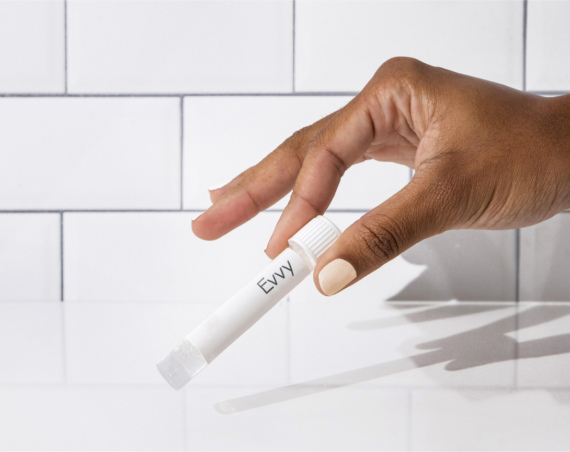
The Digital Medicine Society (DiMe) is the professional society serving the digital medicine community, driving scientific progress and broad acceptance of digital medicine to enhance public health. Now the Digital Health Measurement Collaborative Community (DATAcc), a collaborative hosted by DiMe has announced its first two projects, which will bring together stakeholders from across the healthcare industry to pre-competitively collaborate on the challenge of diversity, equity and inclusion in digital health measurement.
The collaborative, which launched in May 2021, comprises leaders from across the government, non-profit, and private sectors, including healthcare systems, medical technology companies, patient advocates, biopharma, and policy organizations. Together, this diverse group of experts has agreed to focus their first few months on digital inclusion, identifying two distinct project goals:
- To ensure that a broad spectrum of diverse voices (e.g. different races and ethnicities, people with disabilities, all ages, genders, geographies, socioeconomic status, education levels, health status, and sexual orientations) are included in each stage of the product development lifecycle so that diverse populations can utilize and benefit from digital health measurement.
- To standardize the evaluation of inclusivity in the development, deployment and commercialization of digital health measures across contexts of use.
“Equity in health, healthcare, and health outcomes has been a pressing and persistent challenge for decades. Right now, the field has the unique opportunity to build the digital health measurement toolbox with intention, and build it right.” says Jennifer Goldsack, CEO of DiMe. “In order to do this, we must create a set of standardized criteria for the inclusion of diverse populations throughout the development, deployment and commercialization phases of a digital health measurement product. This standardized approach will also allow stakeholders to evaluate whether representative data can be collected and help them to identify where there may be disparities in data collection and health outcomes downstream.”
Digital health measurement also creates the opportunity for more equitable and accessible clinical research and trials.”With digital health measures, we as a company and as a society can access [permission-based] research data on individuals that are not typically seen in traditional healthcare settings,” comments Nirosha M. Lederer, Ph.D., Director, Real-World Evidence Strategy at Aetion. “This data can provide valuable insights into the health status of individuals across our society.”
Kalvin Yu, MD, Senior Medical Director at BD, echoes these sentiments and sees immediate opportunities to engage with populations that have traditionally been left behind. “For example, many people experiencing homelessness currently have access to cell phones or smartphones. This digital access establishes a meaningful touchpoint to care for the homeless population – potentially enabling connectivity to health providers who can identify appropriate interventions.”
On the other hand, estimates of individuals in the U.S. without access to the internet at broadband speeds range from 25 to 163 million people. “Given the current digital divide, providers of healthcare services need to ensure that our products and technologies can work across a spectrum of internet access and speeds,” notes Bimal Shah, MD, Chief Medical Officer, Data & Analytics at Teladoc Health. “And for those individuals that do not have reliable, quality access, how can we decouple having access to healthcare technologies from having access to broadband?”
Individuals and clinicians have the difficult task of ascertaining which digital health measurement products would work for a given patient’s internet access or technical capabilities. Amy Sheon, PhD, Advisor to the National Digital Inclusion Alliance, believes, “We need a rating or certification system for determining if a digital health product has been developed and tested with considerations for different populations’ needs – from those not proficient in English, to those with digital health literacy gaps or those lacking sufficient internet access. This would be immensely useful in ensuring that digital health measurement products can benefit a broad cross-section of society.”
DiMe has brought together the many stakeholders necessary to establish and implement a shared vision of high-quality digital health measurement that is available to and effective for every person. The collaborative will use interdisciplinary expertise, data and use cases to approach their first two projects, ultimately producing outcomes that are actionable and can be used by the community to advance the field.



